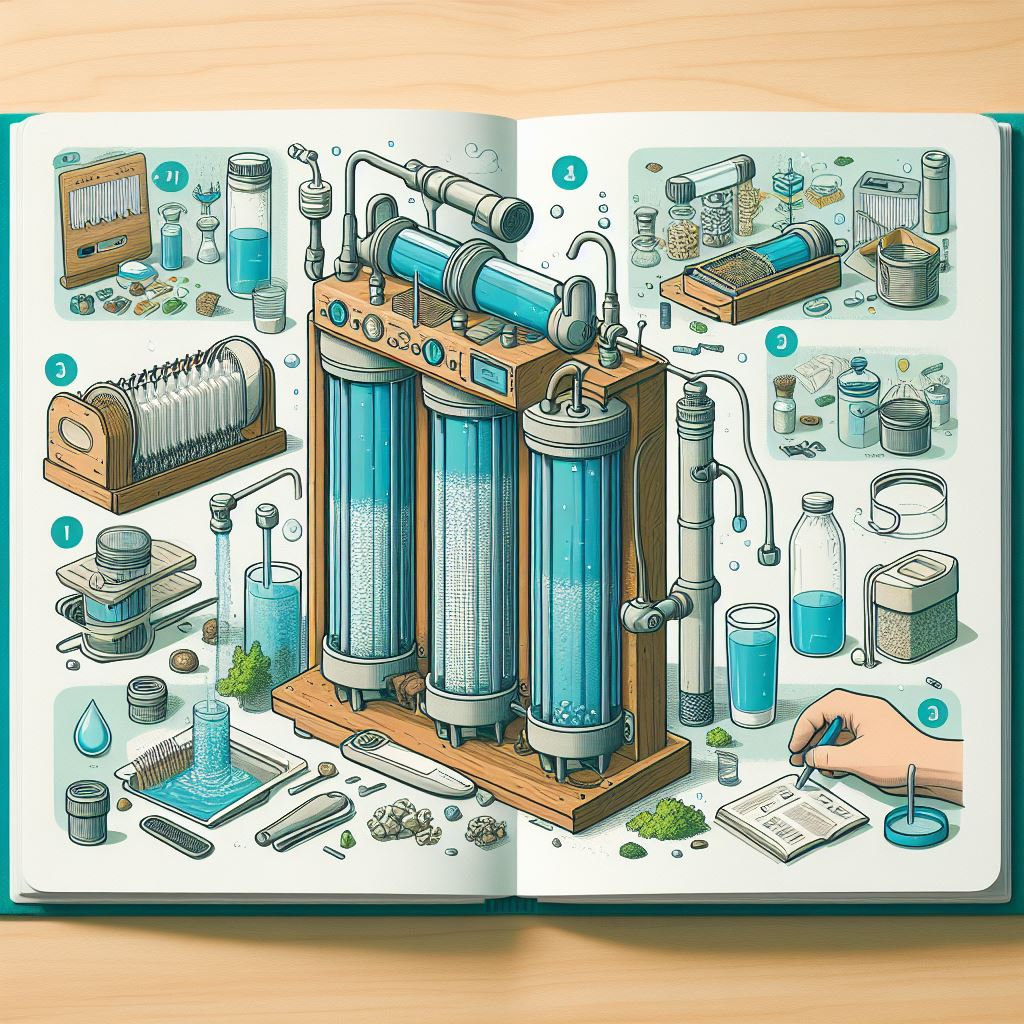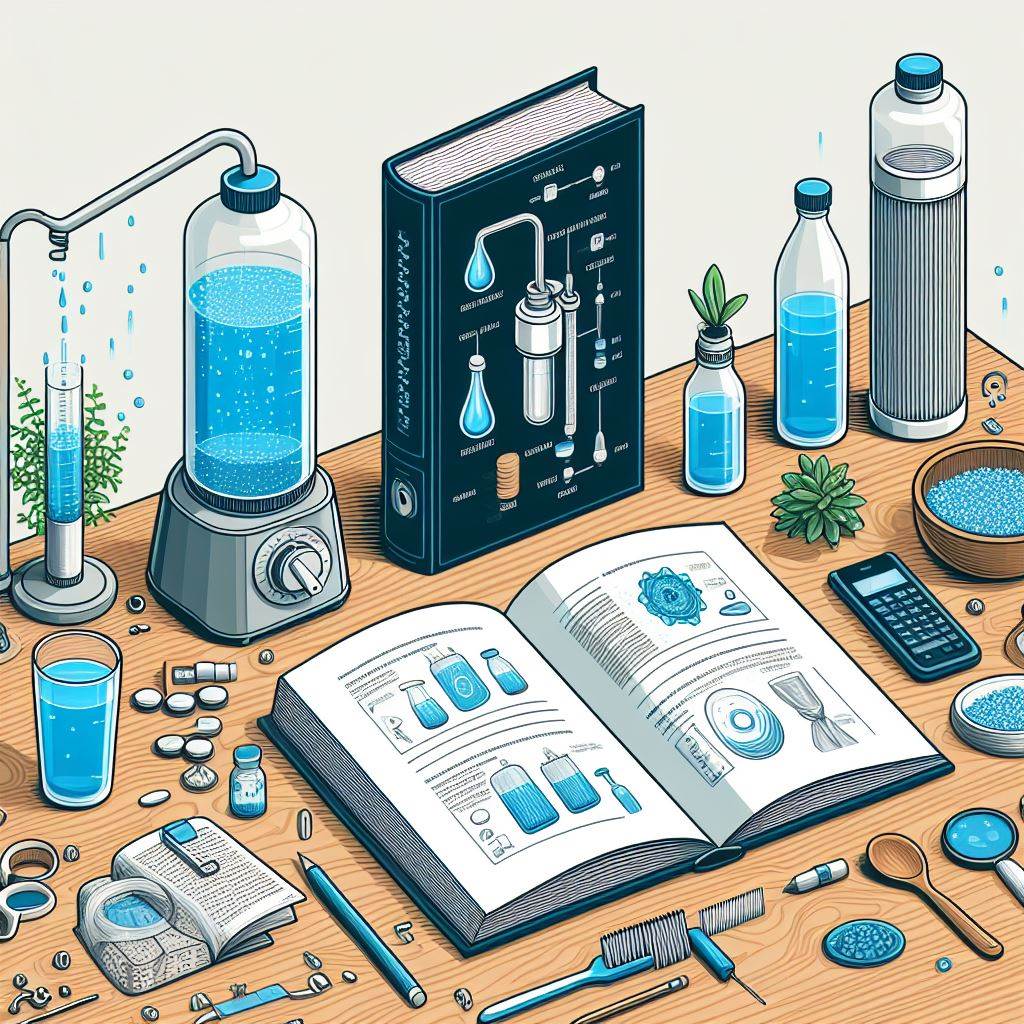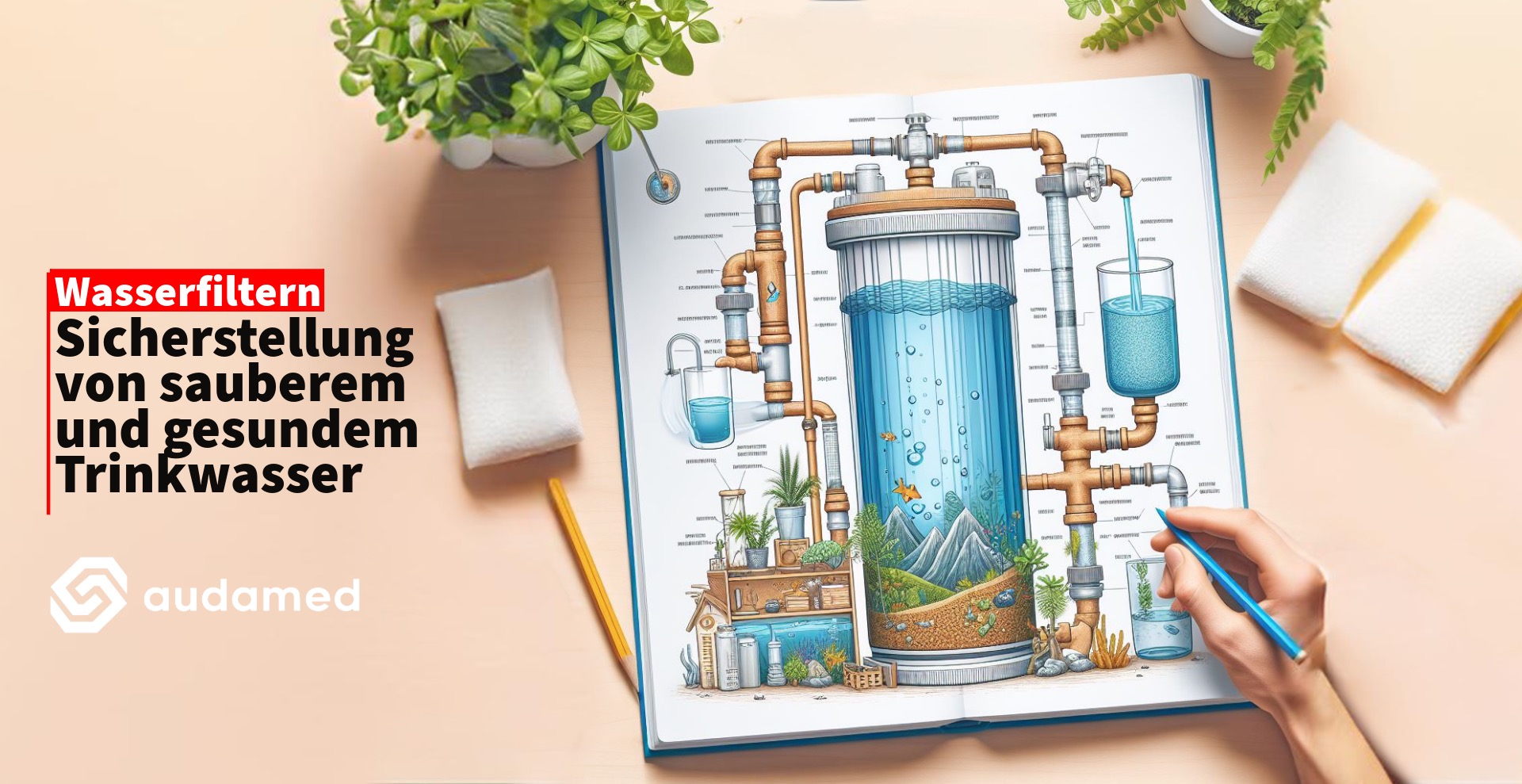A Comprehensive Guide to Water Filtration: Ensuring Clean and Healthy Drinking Water
Water is the source of life. It is not only necessary for survival but also plays an important role in our health and well-being. However, the quality of drinking water varies greatly from region to region and can be affected by various factors such as contaminants, pollutants and minerals. In this guide, we will shed light on the different aspects of water filtration to help you make an informed decision on the best option for your needs.
Tap Water vs. Bottled Water: Weighing the Pros and Cons
Many people choose to consume bottled water, driven by concerns about the quality of tap water or simply for convenience. While bottled water is often perceived as cleaner and healthier, this is not always the case. In fact, bottled water can contain plasticizers, microplastics, and other contaminants from the bottling process. In addition, bottled water is more expensive and has a significant environmental impact due to plastic waste and resource extraction.
Tap water, on the other hand, is strictly regulated and tested for safety in most developed countries. It is inexpensive and provides essential minerals. However, tap water in some regions can be contaminated with pollutants such as heavy metals, pesticides and nitrates.

The benefits of Water Filters
Water filters offer a number of benefits, including:
- Removal of pollutants and contaminants: Filters can remove a variety of pollutants from water, such as chlorine, lead, mercury and pesticides.
- Improvement of taste and odor: Filters can remove unpleasant tastes and odors from water that can be caused by chlorine, minerals or other contaminants.
- Reducing water hardness: Filters can remove calcium and magnesium, which make water hard and can cause limescale buildup in pipes and appliances.
Types of water filters
There are several different types of water filters, each with different benefits and limitations. The most common types include:
- Activated Carbon Filters: Activated carbon filters are a popular choice for removing chlorine, organic contaminants, and taste and odor.
- Reverse Osmosis Filters: Reverse Osmosis filters are the most effective type of filter for removing a variety of contaminants, including pollutants, salts, and heavy metals.
- Ion Exchange Filters: Ion exchange filters are used to soften water and replace calcium and magnesium with sodium ions to replace.
- UV filters: UV filters kill bacteria and viruses in water, but do not protect against chemical contamination.
Choosing the right filter

Choosing the right water filter depends on your individual needs and the quality of your water. It is important to consider the type of contaminants you want to remove, as well as your budget andSpace requirements.
Conclusion
Clean drinking water is essential for our health and well-being. By understanding the different types of water filters and choosing the right filter for your needs, you can ensure that you and your family have access to safe and healthy drinking water.
Additional tips:
- Have your water tested regularly to check the quality.
- Follow the manufacturer’s instructions for maintaining your water filter.
- When purchasing a water filter, look for certifications from third-party organizations.
- Consult a water treatment professional if you have questions about selecting the right filter for your needs.
Remember:
This guide is intended as a source of information and is not a substitute for advice from a qualified professional.
For more information:







Leave a Reply